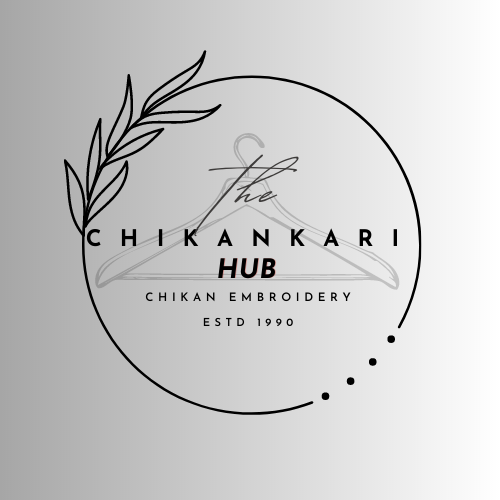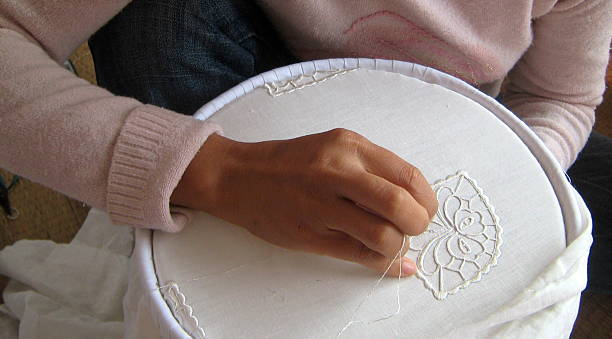
Chikankari Hub is a reputable company that offers an exquisite selection of hand-crafted clothing manufactured in Chikankari using pure cotton, organza, viscose, georgette, mulmul, chanderi, and kota. The adaptable selection of materials has been made to meet the desires of our esteemed customers for a variety of events, from formal business dress to embellished festive wear. Each item in our elegant collection has been carefully chosen to capture the ambience and delicacy of Lucknow’s intrinsic culture. Every effort has been taken to ensure that the collection only features clothes that are not only elegant and stylish but also easy to wear and comfortable.
The Chikankari fabrics that are offered on this platform have been designed & embroidered by the core Chikankari artisans based in the city of Lucknow. The uniquely designed hand-made embroidered textiles showcase the creativity and aesthetic sensibility of the city’s modest craftspeople. Since many craftsmen in Lucknow make their living exclusively from Chikankari needlework, it has been a minor effort on our part to support their livelihoods and general well-being by paying them the “Right Price” for their goods. Therefore, each item sold here showcases not just the employees’ tenacity and grit, but also their well-being and standard of living. Chikankari Hub sells a high-end, extensive product range; we don’t merely weave white threads onto clothes and call it Chikankari. Furthermore, we charge because we deliver high quality. The magnificence of this clothing is not well captured in pictures.
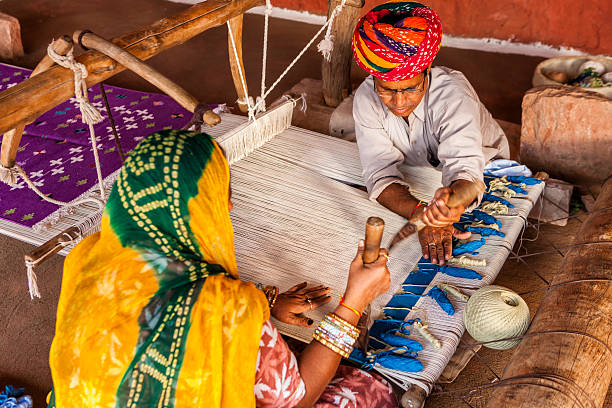
The Story Of Chikankari
The art of Chikankari is considered to be around four centuries old, prevalent in the city of Lucknow, the capital of Uttar Pradesh. The Persian term chakeen or chakin, which means to display elaborate design motifs of flowers, leaves, fruits, and tendrils on textiles, is where the English word “chikan” originates. According to legend, Noor Jahan, the Persian-born wife of the Mughal emperor Jehangir, introduced the art of Chikankari. She is alleged to have brought Chikankari artists to the city of Lucknow, where they have since prospered and continued to develop their craft. The craftsmen’s work is a reflection of the “tehzeeb” and “nazakat” of Lucknow.
Chikankari: The Process
Before reaching the stores for sale, a Chikankari garment goes through several steps. At each point of its journey, the garment passes through these procedures, placing everyone’s livelihood in their wallets. These are the stages that have existed since the Mughal era, and little has changed in the process.
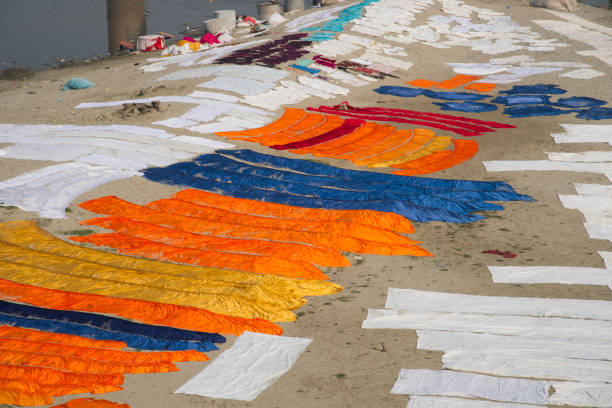
Selecting the Fabric :
Chikankari needlework used to be primarily done on mul mul, a fine cotton muslin. All this technique is also now done with contrast-coloured threads on cotton, wool, chiffon, crepe, organde chiffon, and silk clothing.
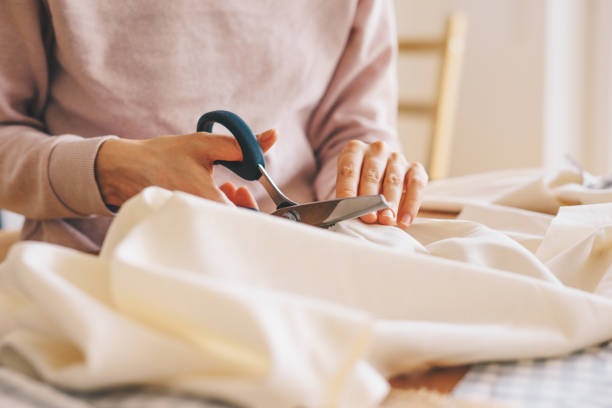
Cutting of the Fabric :
After the selection, the fabric is cut to desired measurements as per item requirement and then sewn.
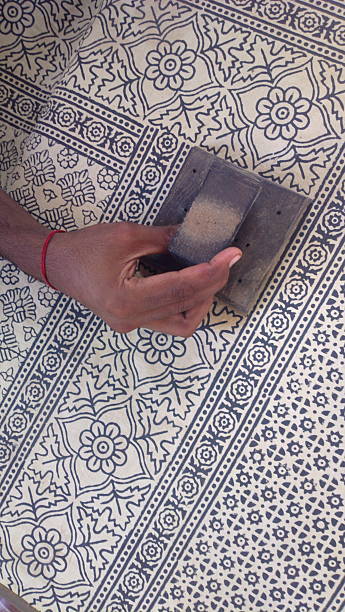
Block Printing (Chappai) :
To capture the pigment, the carved woodblock is dipped in a solution of Neel, amber/gum, and water, then hand block printed on the cloth. We employ blocks that are truly centuries old and have been passed down as family heirlooms in several of our designs.
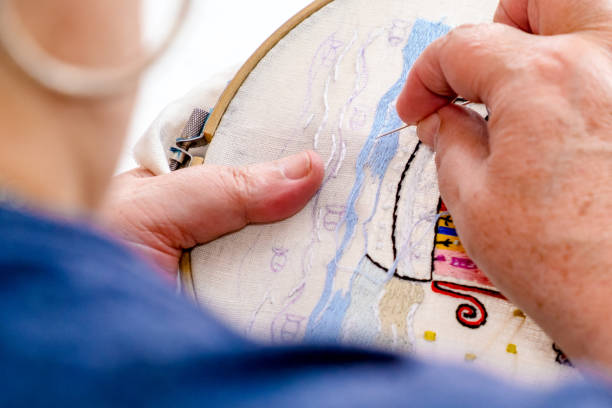
Hand Embroidery :
The Karigar women embroider numerous Chikankari stitches by hand, following the chappai impressions. This craft is estimated to have roughly 32 stitches. One of our key goals is to maintain the majority of the stitches, even the difficult ones that only professional karigars can execute, prominently displayed in our collections.
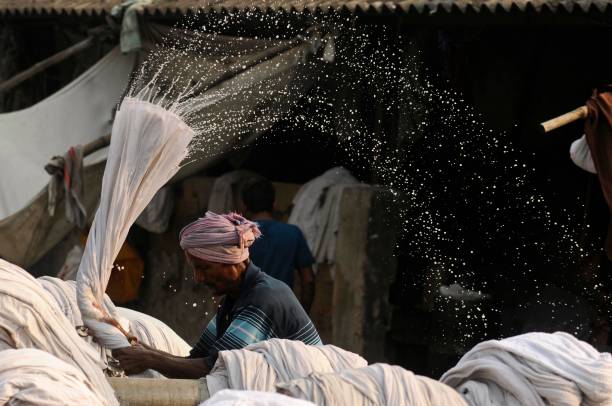
Charakh /Washing:
The last step in the production process is washing. The block printed blue colour is removed from the cloth after embroidery by first soaking it in water and then washing it. After that, it is ironed and starched to make it firm. The finished item is now prepared for sale.

Finishing & Packing:
Our professional tailors mend the garment after it has been washed. Before packaging the garment to be transported to the end consumer, a thorough quality check is performed.
